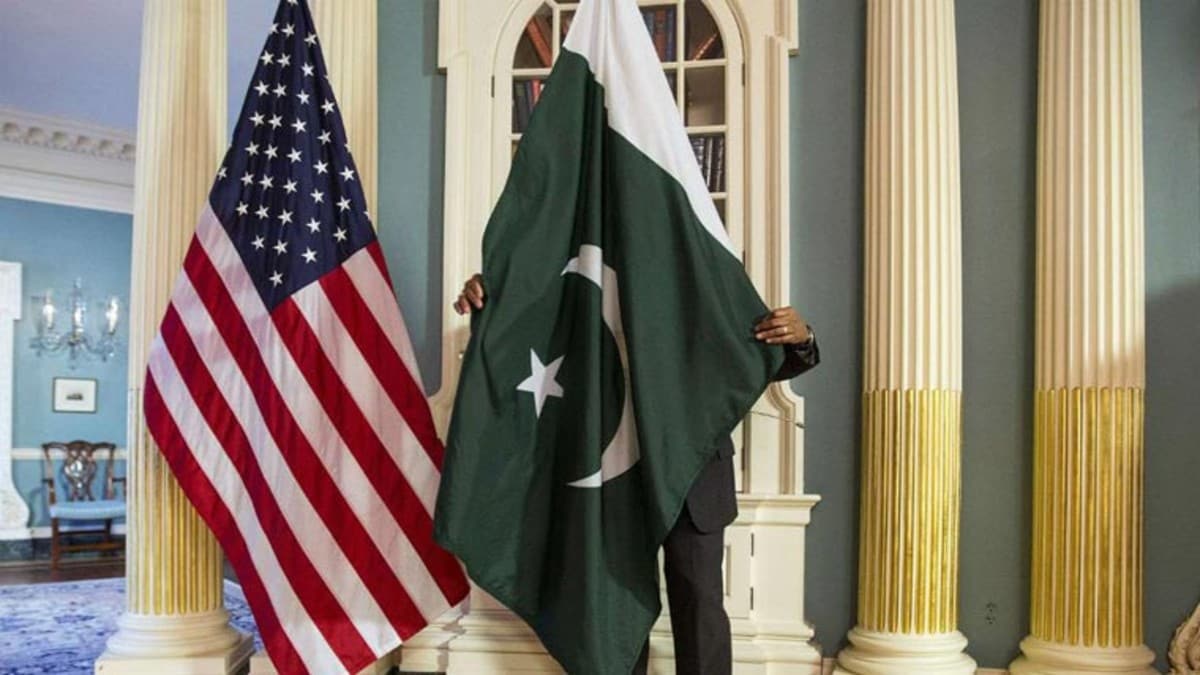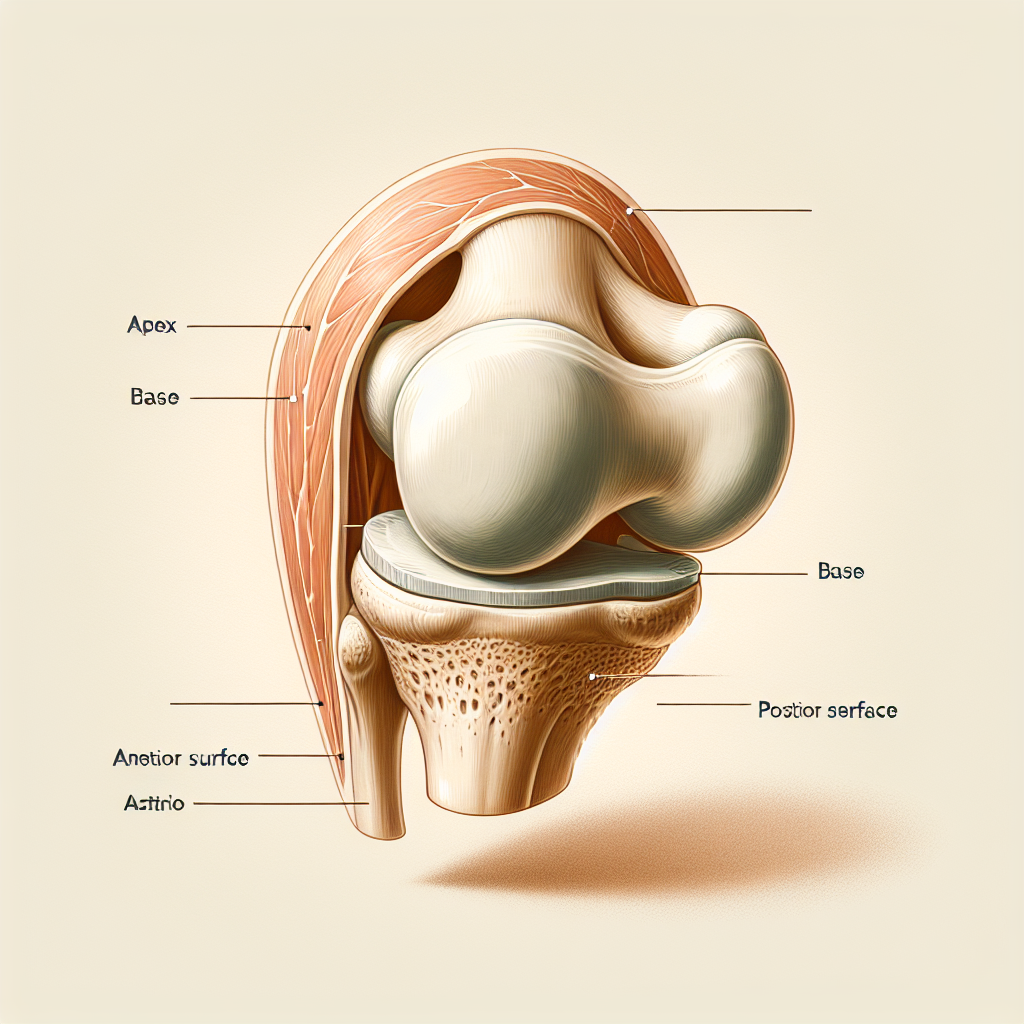Pakistan’s relations with Bharat have been defined by two fundamental features: One, Pakistan’s tendency to look at itself as an ideological fountainhead of Islam, which makes it position itself as a perpetual enemy of Bharat. Second, the Western proclivity to come to Islamabad’s support, if not rescue, each time it is threatened both geostrategically as well as economically. Bharat’s Pakistan problem, thus, is as much the handiwork of the Rawalpindi-based generals as it has been the result of Western malice, doublespeak and interference on behalf of Islamabad.
In fact, Pakistani jihadi viruses would not have become so widespread and malignant had it not been for repeated antidotes provided by the West. Last week, Pakistan’s Defence Minister Khawaja Asif publicly admitted that the country had the history of supporting, training and funding terrorist organisations as “dirty work” for the West — a mistake for which he said Pakistan had suffered immensely. In an interview with Sky News , he said, “Well, we have been doing this dirty work for the United States for about three decades, you know, and the West, including Britain.

” What the defence minister didn’t say was that the Pakistani state, since the time of its inception in 1947, was more than willing to do the West’s dirty work for funds and weapons in return. It, in fact, sought to do that work, even when the Americans themselves were not too sure about it. “Soon after independence, Pakistan’s founding fathers, encouraged by some British geostrategists, decided that they would continue to maintain the large army they had inherited even though the new nation could not afford to pay for it from its own resources and did not immediately face a visible security threat.
Given Pakistan’s location at the crossroads of the Middle East and South Asia and its relative proximity to the Soviet Union, Pakistanis assumed that the United States would take an interest in financing and arming the fledgling new state," writes Husain Haqqani in Magnificent Delusions: Pakistan, the United States and an Epic History of Misunderstanding . In fact, the culture of seeking aid from the West, especially in return for supposedly behaving like a geostrategic arm of Washington in the region, began with Mohammed Ali Jinnah when he asked America for a $2 billion aid package in September 1947, but the US gave Pakistan only $10 million in assistance that first year. In an interview with Life magazine reporter and photographer Margaret Bourke-White, Jinnah said that “America needs Pakistan more than Pakistan needs America”.
He added, “Pakistan is the pivot of the world, as we are placed the frontier on which the future position of the world revolves...
Russia is not so very far away.” He spoke of America’s interest in arming Greece and Turkey and expressed the hope that the US would pour money and arms into Pakistan as well. Bourke-White could see through the real intent of Jinnah.
She wrote quite disapprovingly: “In Jinnah’s mind this brave new nation had no other claim on America’s friendship than this — that across a wild tumble of roadless mountain ranges lay the land of the Bolsheviks. I wondered whether the Quaid-e-Azam considered his new state only as an armoured buffer between opposing major powers.” The Pakistani ambition to be “an armoured buffer” between the West and the erstwhile Soviet Union came into its own in the 1970s and 1980s when the USSR invaded Afghanistan.
This made Pakistan a truly frontier state in the warfare between the US and the USSR. Also, the changing geopolitical situation in the world, with the US reaching out to Mao’s China through Pakistan’s agency, provided Islamabad enough elbow room to get what it desperately wanted: more American/Western funds and arms. It became obvious to the Americans, especially in the late 1980s and 1990s, that the weapons Pakistan was seeking — and getting — from the US were hardly utilised against the Soviets.
It was instead pushed eastward to bleed Bharat, for a war that Pakistan regarded as “perpetual”. Pulitzer Prize-winning author Steve Coll mentions an interesting episode in Ghost Wars , exposing the Pakistani hypocrisy during the Afghan war. He writes, “In their dim meeting room, (CIA man Gary) Schroen handed (Afghan fighter Ahmed Shah) Massoud a piece of paper.
It showed an estimate of just more than two thousand missiles provided by the CIA to Afghan fighters during the jihad. Massoud looked at the figure. ‘Do you know how many of those missiles I received?’ He wrote a number on the paper and showed it to Schroen.
In a very neat hand Massoud had written ‘8’. ‘That was all,’ Massoud declared, ‘and only at the end of the fight against the communist regime’.” Schroen reported his conversations to his seniors, and the CIA determined that Massoud was correct.
“It seemed incredible to some who had lived through the anti-Soviet Afghan war that Massoud could have received so few. He had been one of the war’s fiercest commanders,” Coll writes. America’s tolerance of the Pakistani perfidy could be understood during the Cold War when the Soviets posed an existential threat to the US, and Bharat, despite being a non-aligned nation, was largely seen to be an ally of the USSR.
But to continue with the same pro-Islamabad policy post-Cold War seems both unreasonable and undesirable. Yet, one witnesses the continuation of the same old policy in the American establishment, especially the State Department, which finds it difficult to reconcile with the rising Bharat phenomenon. To add to it is the growing malaise of Left-inspired wokeism in American/Western society, hijacking educational institutions, think tanks and media of that country.
In this wokeist worldview, countries like Bharat and Israel are projected as evil states, while Islamist terrorism is defended — and even rationalised — in the name of Islamophobia. This is hurting American interests as much as it is harming Bharat and its people. In conclusion, one may say that the Pakistan Defence Minister’s claim that his country has been doing the West’s “dirty work” is true, but what he doesn’t say is that ever since its inception in 1947, Pakistan has been more than eager to be America’s “armoured buffer”.
The truth is that Islamabad was never lured or invited into doing the West’s dirty work. Instead, it was Pakistan that kind of encouraged the Americans to let it do their “dirty work”. Today, as Pakistan has been exposed as a “criminal enterprise” of the worst order, having turned over the decades into what it truly aspired to be — a jihadi state — it will be in the interest of the West, especially the US, to cut its ties with Islamabad.
After all, democracy and terrorism cannot go hand in hand. Pahalgam, in that way, gives the West, especially the US, an opportunity to come clean on its terror ties, especially with Pakistan. Views expressed in the above piece are personal and solely those of the author.
They do not necessarily reflect Firstpost’s views..
Politics

Pakistan is a criminal enterprise: After Pahalgam, West must cut off its ties with Islamabad

Having turned over the decades into what Pakistan truly aspired to be — a jihadi state — it will be in the interest of the West, especially the US, to cut its ties with Islamabad















